Building a character in Elden Ring takes a few steps. Once you’ve chosen a class, you need to consider what type of armor set to wear and what weapon to wield. Melee, ranged, and magic builds are all viable, and there are a number of weapons available in each category. The following is a list of every weapon category in Elden Ring and recommendations on which one is right for the character you’re playing.
Melee Weapons
Melee weapons are for Tarnished who want to get up close and personal with their opponents. These chiefly rely on strength or dexterity, though some also scale with magical stats like faith. It’s always good to carry a melee sidearm no matter how you play, for emergency situations where you’re out of mana. Melee builders should pay extra attention here since your primary weapon will be pulled from this list.
Daggers
Daggers are great for dexterity and stealth builds, as they attack fast and have a high chance of critical hits. They have a very short range though, so you’ll have to be comfortable getting right up on your opponents or sneaking in backstabs.
Straight Swords
Straight swords are a great choice for sword-and-board builds: they’re simple blades that pair nicely with a shield. If you want a no-frills knightly approach to combat, this is the way to go.
Greatswords
Greatswords are big; there’s no getting around that. They require high strength to wield, but they do big damage when they connect. The tradeoff there is that they’re big swinging attacks often leave you open to counters. Tank builds make good use of these.
Colossal Swords
Greatswords are big, but colossal swords are even bigger. The same rules apply here: you’ll hit really hard, really slowly. Colossal swords are a good choice for those who like to two-hand their weapons.
Thrusting Swords
Think of thrusting swords as what they use in fencing: rapiers and such. They’re a bit flashier than straight swords, requiring more dexterity to wield effectively. They’re a good choice for dexterity fighters who still want a proper sword.
Heavy Thrusting Swords
Like greatswords to straight swords, these are the big brothers of thrusting swords. If you want to focus on parries and ripostes, they’re the right choice. They’re built to pierce enemy armor and deal high damage.
Curved Swords
Curved swords are some of the fastest weapons in the game. If you want to deal damage quickly, consider one for your melee build.
Curved Greatswords
Curved greatswords trade a lot of the weapon’s speed for heavier damage. If you want the bigger hits of a greatsword but the feel of a curved sword, these are made exactly for you.
Katanas
Katanas utilize both strength and dexterity, but they lean more into the latter. They’re a good choice for melee fighters who want to keep more distance from their opponents. Katanas are also the top choice for those looking to deal bleed damage — a good strategy for defeating Malenia, Blade of Miquella.
Twinblades
Twinblades sit in a unique place in Elden Ring: they’re pretty much only effective when wielded with two hands. They alternate between strength and dexterity scaling, so consider them only if you like the numerous spinning attacks they’re capable of.
Axes
Axes are meant for close-quarters combat, and their varying attack patterns make them a good choice for online PvP duels. Strength builds benefit the most here.
Greataxes
Strength builds will do even better with greataxes, which function a lot like greatswords (go figure). They hit heavy, swing slowly, and break guards easily. Consider those pros and cons if you’re thinking about using one.
Hammers
Similarly, hammers are also slow-moving, heavy-hitting weapons. If you’re having a tough time against armored or guarding enemies, a hammer might be the way to go. Their smashing attacks are good at breaking through defenses.
Great Hammers
If you like hammers but want to hit even harder, go with a great hammer. The tradeoff, of course, is that you’ll swing even slower. Remember that these need a high amount of strength to be used effectively.
Colossal Weapons
This is a catch-all category for the biggest axes and hammers in the game. Like colossal swords, they require massive strength to wield. Reach that point, and you’ll unleash some of the heaviest, highest-damaging attacks in the game — at the cost of pretty much any speed.
Flails
Flails are a bit like hammers, but they have more reach. If you want keep enemies back, they can be a good choice. Note that they swing as slow as hammers and other heavy weapons.
Spears
Spears are the slightly lighter way to use melee attacks from a distance. They alternate between strength and dexterity scaling, so be aware of that if you decide to wield one. Spears are also one of the best choices for horseback combat thanks to their reach.
Great Spears
You know how this goes by now: these are the bigger, tougher versions of standard spears. They require more strength and/or dexterity to wield, but you’ll achieve a sizable reach upon doing so. Again, they’re a great choice when riding on Torrent.
Halberds
Halberds are cousins to spears, but they’re not as effective on horseback. That’s because they focus on sweeping attacks over long-range stabs. If you’re worried about getting mobbed, consider a halberd for crowd control. You can hit multiple targets with a well-timed sweep.
Reapers
Reapers also offer some big sweeping attacks. They’re a bit more niche, but you can effectively wield them by focusing on strength and dexterity, with a little more focus on the latter. Reapers can also deal chip damage to shield-wielding enemies.
Whips
Whips have a long reach, but they’re not high damage dealers. They’re also practically useless against armored enemies. You’re usually better off with a spear in most cases, but whips do offer a flashy, unique move set that you might find enticing.
Fists
Like daggers, fists are only usable when you’re right up on an enemy. Only the grittiest of melee builds will find use here, as fists aren’t very effective at stealthy assassinations.
Claws
Claws and fists go hand in hand (often literally). Where fists are often purely strength-focused, claws rely on dexterity. They still require you to be quite close to the enemy, but doing so means you can inflict bleed damage with very fast attacks.
Torches
Torches aren’t primary armaments by any means, but they are melee weapons nonetheless. You can deal burn damage while lighting your way, and that’s about it. They’re more of a tool than a weapon. Still, you should know where to get one.
Ranged Weapons
Ranged weapons in Elden Ring fire arrows and bolts from great distances. It’s entirely possible to build a character around this archery approach, but just about everyone ought to have a ranged option regardless. It’s a good way to kite specific enemies if you don’t want to wade into a crowd of bad guys. Here are your options.
Bows
Basic bows scale off of dexterity. They’re a good starting point, but you’ll probably want to branch out into the other variations.
Light Bows
Light bows are for the fast movers: they’re the only kind that can fire immediately after rolling or jumping. They weigh less too, so they’re a good option for stealth and dexterity builds.
Greatbows
Greatbows go in the other direction, taking longer to fire but dealing heavier damage. If you’ve got a high equip load and want to hit harder from afar, go with a greatbow.
Crossbows
Crossbows are trickier to use, as they must be reloaded after each bolt is fired. Other than that, they have the same situational use as a standard bow.
Ballistae
There are only two of these in the game, but they do for crossbows what greatbows do for regular bows. If you want to maintain a large distance while shooting heavy-damaging bolts, get yourself a ballista.
Spellcasting Weapons
As the name implies, these casting focuses are for magic builds. There are only two types of magic in Elden Ring, and the spellcasting weapon you choose should be based on that.
Staffs
Staffs are what wizards wield in fantasy settings, and the same intelligence-based casting happens in Elden Ring. Staffs fire off Sorceries, which include the likes of the Rancorcall, the Meteorite of Astel, and more. As stated, these spells are based on the intelligence stat.
Seals
Seals, on the other hand, cast Incantations using the faith stat. That list includes various spells from the Dragon Communion, the Golden Order, and other organizations. Seals are your only casting option if you go this route.

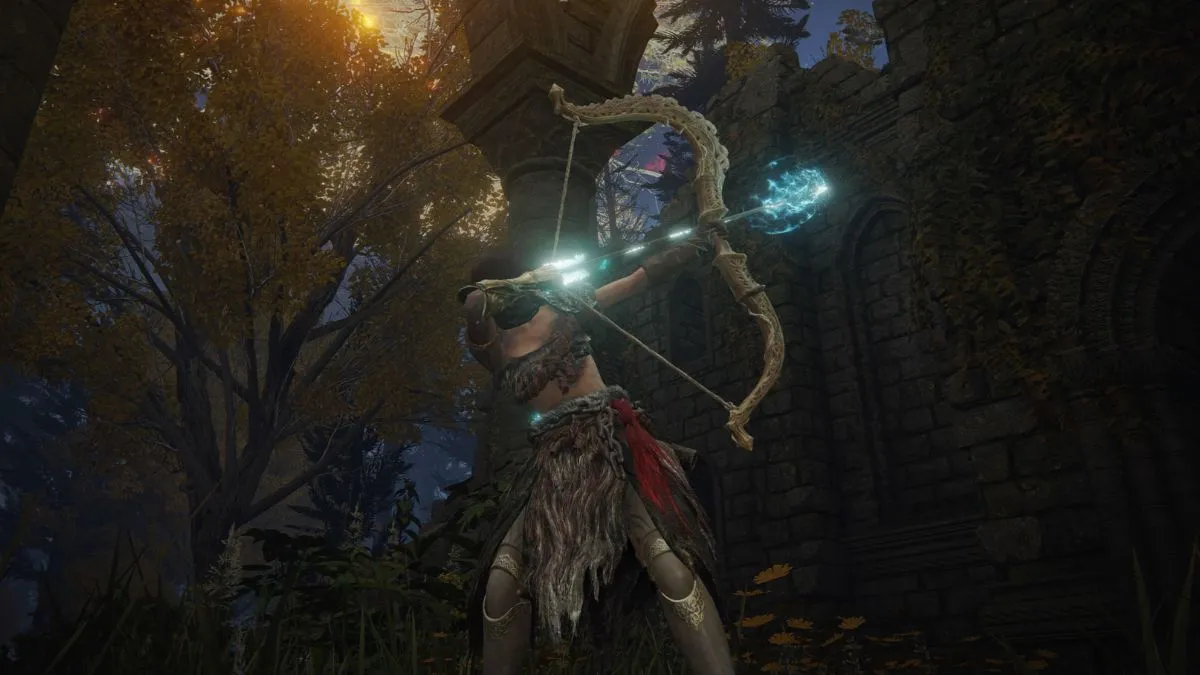
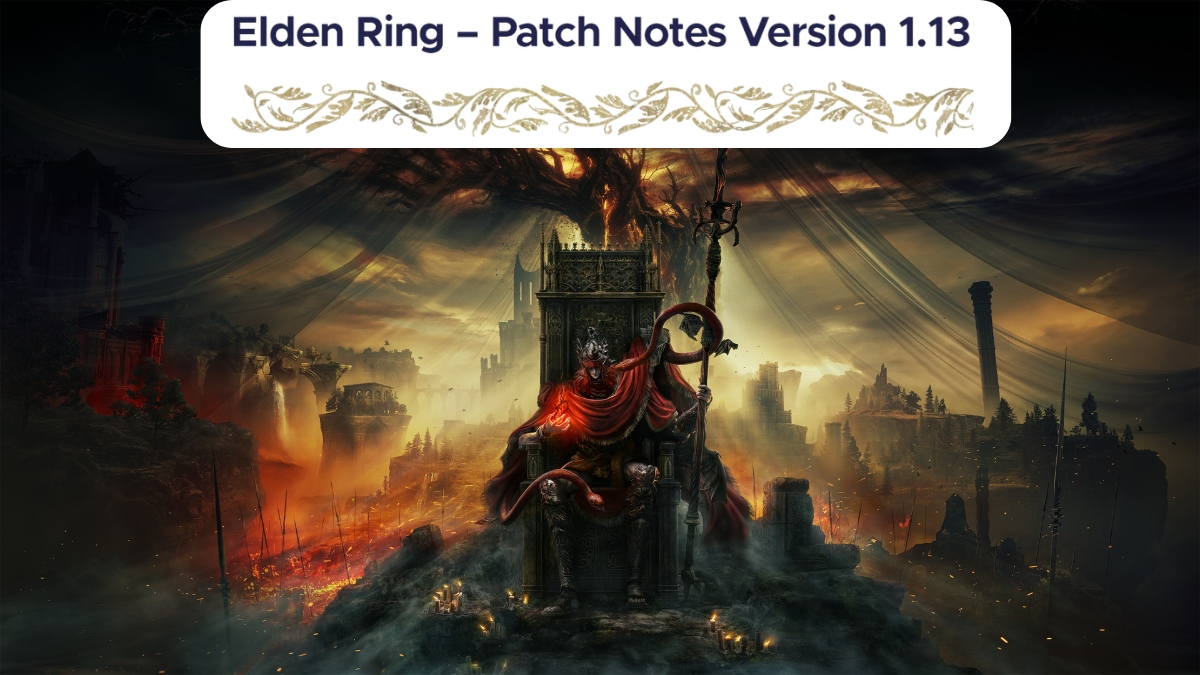
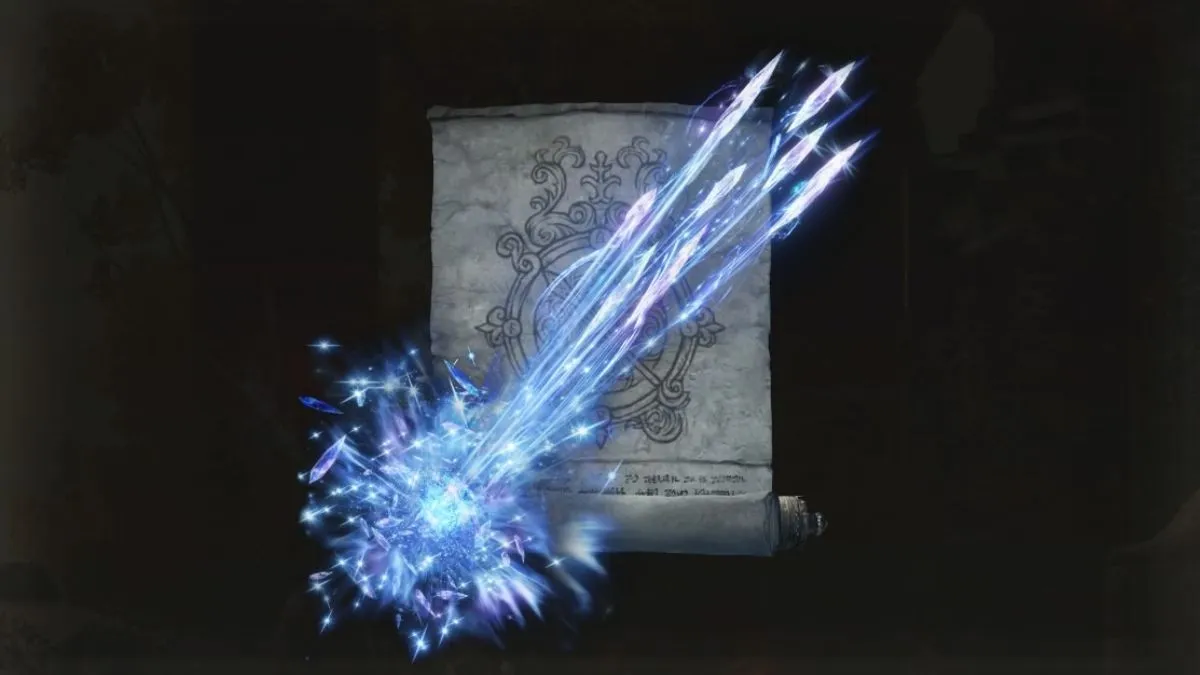
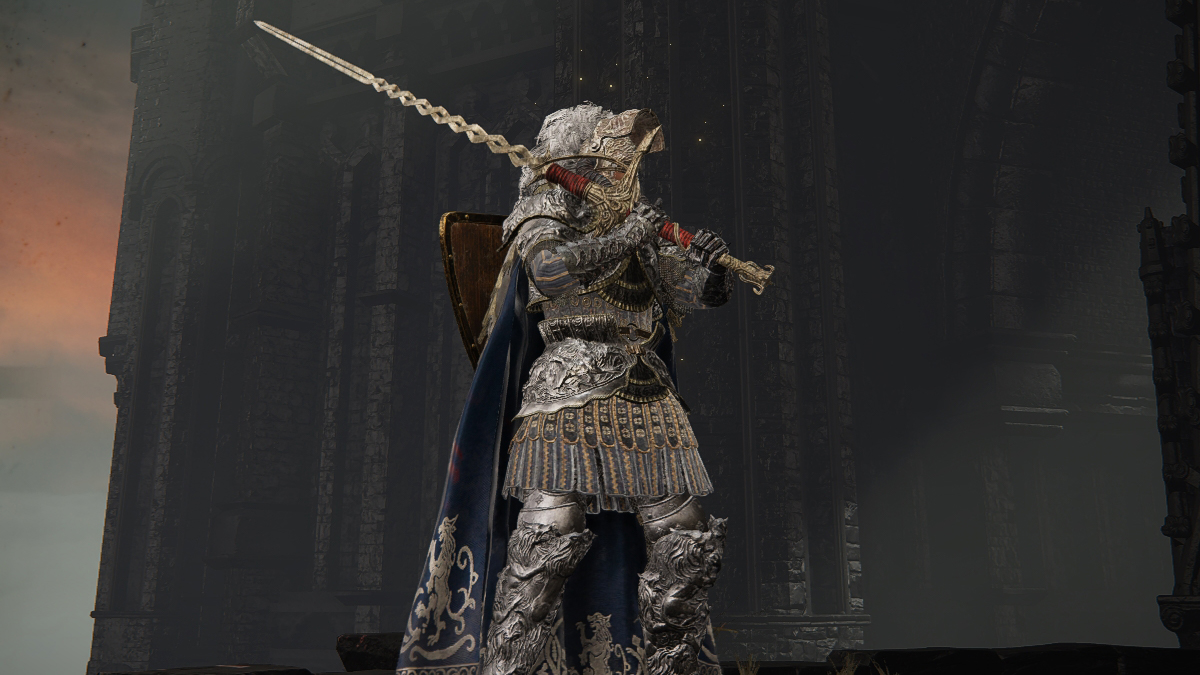
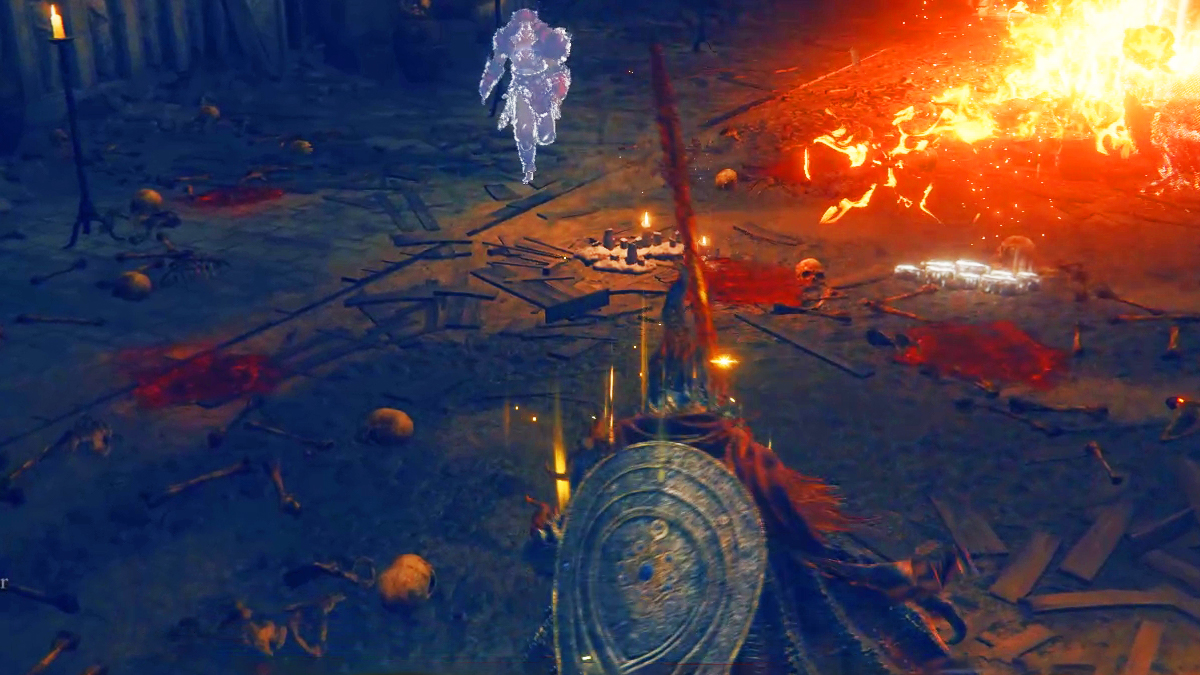
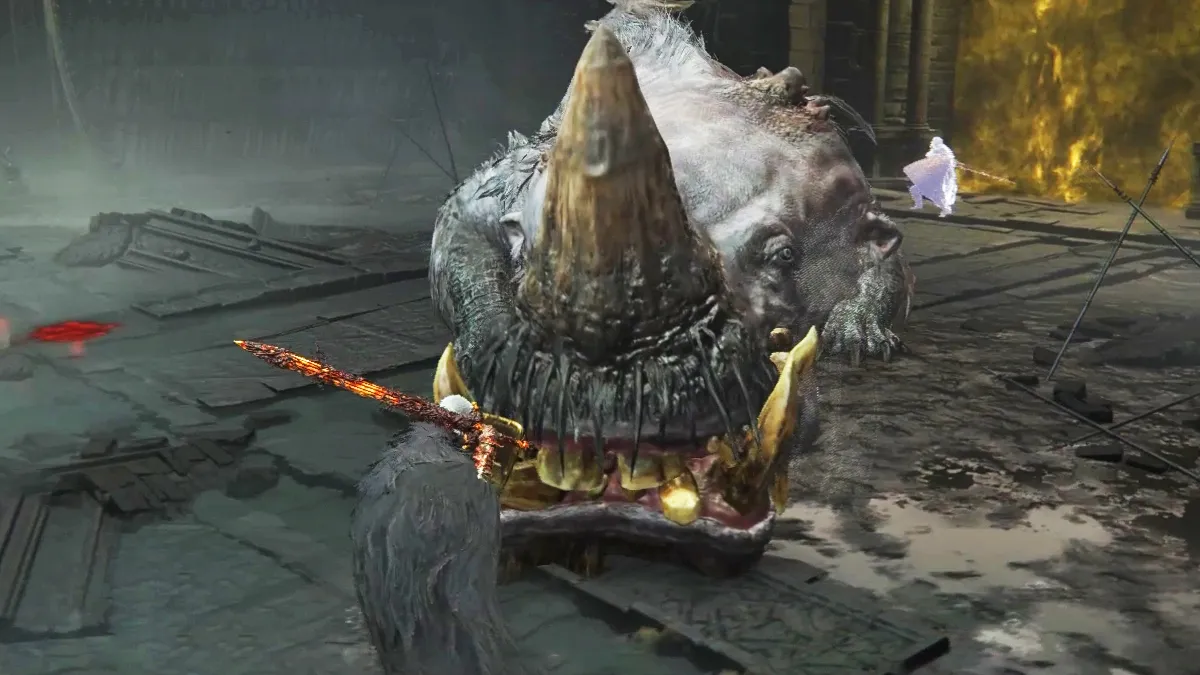
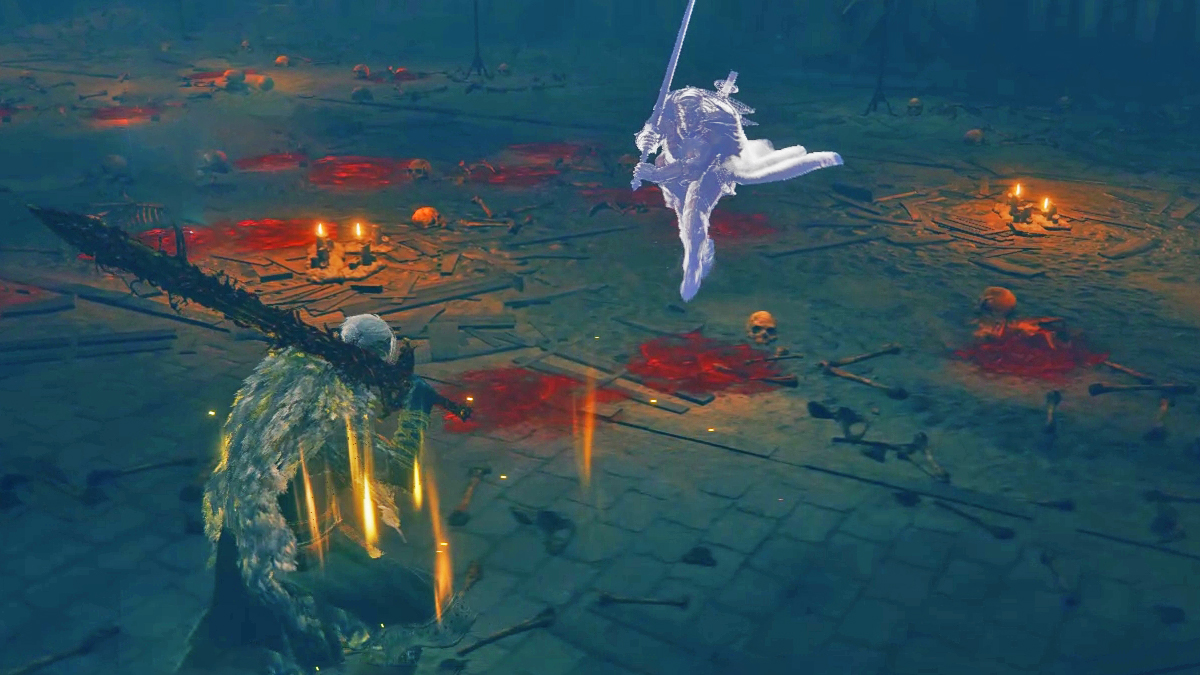
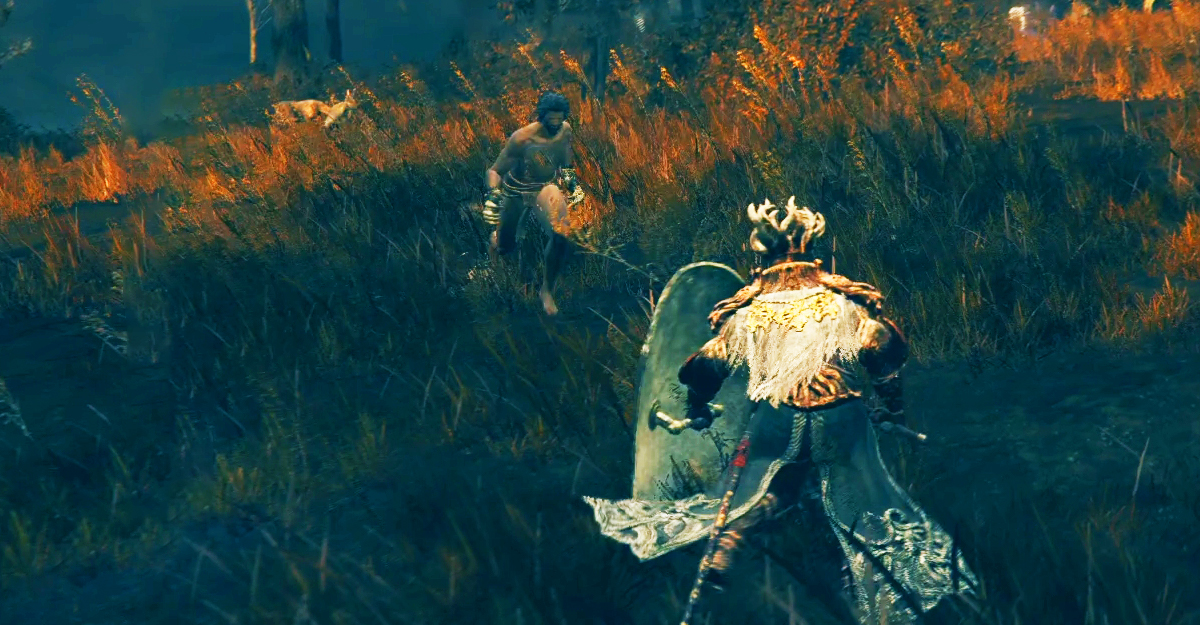
Published: May 26, 2022 01:44 pm